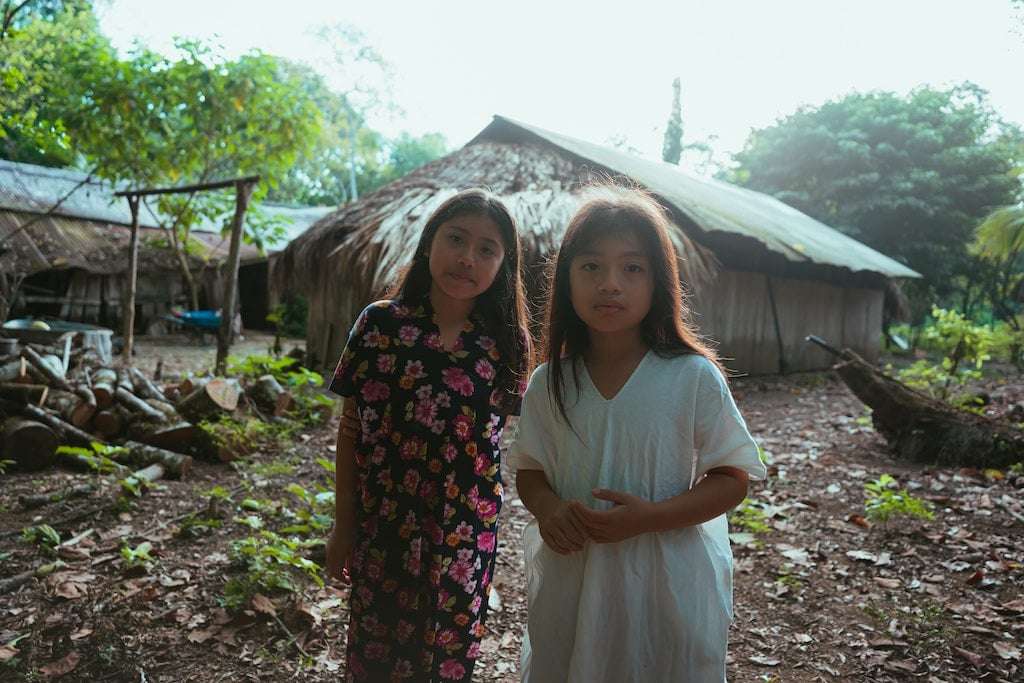For the first time in its history, the United Nations General Assembly has declared access to a clean, healthy, and sustainable environment, a universal right.
One-hundred-sixty-one nations voted in favor of the landmark resolution, passed last week, deeming it a necessary step to address the three biggest threats to the planet: climate change, pollution, and biodiversity loss.
“The resolution will help reduce environmental injustices, close protection gaps and empower people, especially those that are in vulnerable situations, including environmental human rights defenders, children, youth, women, and Indigenous peoples”, U.N. Secretary-General António Guterres said in a statement.
Secretary General Guterres also cited the resolution as a means to address human rights obligations and commitments. “The international community has given universal recognition to this right and brought us closer to making it a reality for all”, he said.
The U.N. says the resolution mirrors text adopted last year by the Human Rights Council, urging nations, businesses, and organizations to increase their efforts to thwart climate change and practices that perpetuate it.
Environmental rights
The World Health Organization has cited air pollution as the largest cause of disease and premature death in the world; more than seven million people die prematurely every year because of air pollution.
Declining biodiversity is linked to changes in the global food supply, access to clean water, and carbon sequestration.

Although not exclusively byproducts of climate change, both pollution and biodiversity loss are impacted by the warming planet. Extreme weather events, droughts, rising ocean temperatures and sea levels, among other changes, are taking tolls on all areas of life.
The text was presented by some of the nations most at-risk of the effects of climate change including Costa Rica, the Maldives, Morocco, Slovenia and Switzerland last June. But it has since been backed by more than 100 nations.
According to its backers, the text links to international law and requires the full implementation of multilateral environmental agreements.
According to Mr. David Boyd, the U.N. Special Rapporteur on Human Rights and the Environment, the Assembly’s decision will fundamentally alter international human rights laws.
“Today’s decision elevates the right to where it belongs: universal recognition.”
-U.N. Environment chief, Inger Andersen
“Governments have made promises to clean up the environment and address the climate emergency for decades but having a right to a healthy environment changes people’s perspective from ‘begging’ to demanding governments to act”, he recently told U.N. News.
“Today is a historic moment, but simply affirming our right to a healthy environment is not enough,” said U.N. High Commissioner for Human Rights Michelle Bachelet. “The General Assembly resolution is very clear: States must implement their international commitments and scale up their efforts to realize it. We will all suffer much worse effects from environmental crises, if we do not work together to collectively avert them now,” she said.
“It emphasizes the underpinning of legal obligations to act, rather than simply of discretionary policy. It is also more effective, legitimate and sustainable,” she added.
Fifty years in the making
According to the U.N., the declaration resembles a similar measure that came about in 1972 during the U.N. Conference on the Environment in Stockholm. That marked the first time environmental issues had been spotlighted, coming just two years after the first Earth Day.
That declaration saw U.N. member states give humans a fundamental right to “an environment of a quality that permits a life of dignity and well-being.” It targeted the link between industrialization and economic growth and the increasing rates of pollution and human health issues. And it was the impetus for the Human Rights Council to push forth the new declaration.

“From a foothold in the 1972 Stockholm Declaration, the right has been integrated into constitutions, national laws and regional agreements. Today’s decision elevates the right to where it belongs: universal recognition”, U.N. Environment chief, Inger Andersen, explained in a statement.
“So, the recognition of this right is a victory we should celebrate. My thanks to Member States and to the thousands of civil society organizations and indigenous peoples’ groups, and tens of thousands of young people who advocated relentlessly for this right. But now we must build on this victory and implement the right”, Ms. Andersen added.
While not legally binding, the historic declaration is aimed at inspiring action and accountability. The eight nations that abstained on the measure include some of climate change’s biggest offenders including China and the Russian Federation, as well as some of those most at risk, including Cambodia, Ethiopia, Belarus, Cambodia, Iran, Syria, and Kyrgyzstan.


